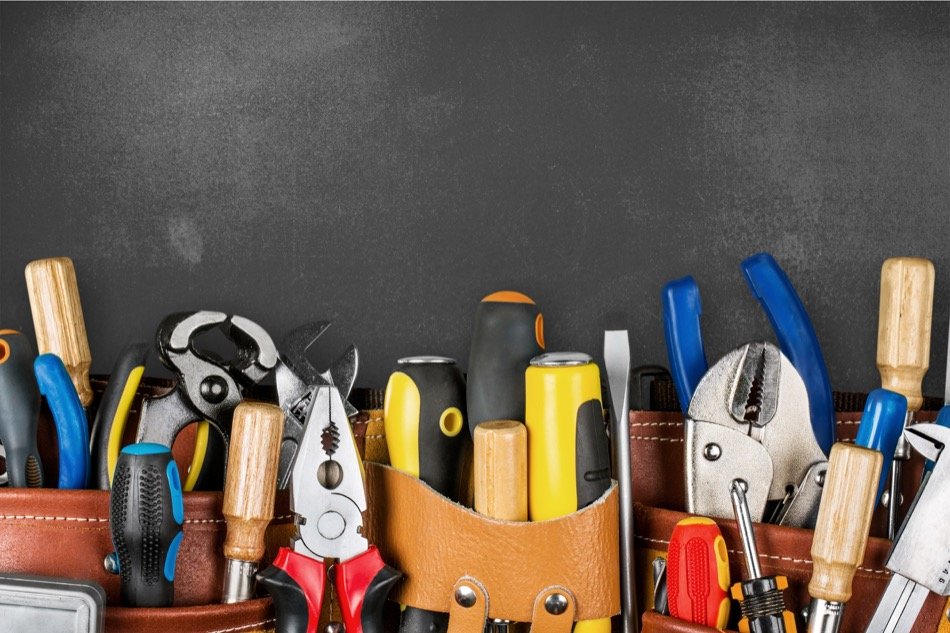5 Tips for Successfully Addressing Deferred Home Maintenance
Posted by Lauren Schneider on Tuesday, March 16th, 2021 at 10:08am.
 There are many reasons why homeowners might defer maintenance. Sometimes, they lack the funds or the time to perform necessary upkeep on the house or property. In other cases, they buy a home and discover there are years of deferred maintenance in various aspects of the structure. Getting on top of it takes time, and it often requires help from a professional. With these five tips, homeowners can make correcting deferred maintenance an overall easier process.
There are many reasons why homeowners might defer maintenance. Sometimes, they lack the funds or the time to perform necessary upkeep on the house or property. In other cases, they buy a home and discover there are years of deferred maintenance in various aspects of the structure. Getting on top of it takes time, and it often requires help from a professional. With these five tips, homeowners can make correcting deferred maintenance an overall easier process.
Understand the Risks
Deferred maintenance is always a risk for future problems, but the type of maintenance needed can significantly affect the risk. Homeowners should research the kinds of issues that are likely to come up, and use that to determine where to start first. For example, peeling paint on siding may not seem like a big deal. However, the paint on some types of siding prevents rotting or water absorption. By comparison, some concerns like leaking or accumulating water damage are obviously problematic and need to be addressed as soon as possible.
Set Priorities
With many years of deferred maintenance, it is sometimes hard for homeowners to know where they should put their efforts. Regular home upkeep takes many hours per month, and it cannot be fixed in less time. In fact, once certain aspects of the home's structure and systems fall into disrepair, it may require much more time. Homeowners may want to start by identifying the problems that are causing significant damage right now or could cause major damage soon. Creating a list in order of priority will help people make the most progress.
Create a Maintenance Calendar
Whether homeowners plan to do most of the updating work themselves or hire professionals, they should build a maintenance calendar. A good maintenance calendar takes these factors into consideration:
- Need to fix problems
- Amount of time needed for repairs or replacement
- The best time of year to perform upkeep
- Homeowner or professional availability
People should take care to avoid overbooking themselves for repair tasks, particularly if they are inexperienced or unsure of how much time they need. It is better to take longer to get it all done correctly than to become overwhelmed and quit.
Carefully Consider Temporary Measures
In some cases, homeowners may need to perform a few stop-gap measures to prevent damage before they can address the problem completely. For example, taping a cracked window can minimize air leaks and additional breakage. Similarly, turning off water to a leaky faucet can reduce the likelihood of water damage or high water consumption bills. Concerns arise when the temporary measure starts to function like a permanent solution. Homeowners should remember that anything they do at the beginning to buy themselves more time may get worse if they leave it for months.
Get Professional Assistance
When deferred maintenance becomes a serious issue, homeowners may want to consider hiring a professional to help them identify the extent of the problem and devise solutions. If the problem is causing serious damage to the house or risk to people living in it, it may require a professional solution. Professionals charge more for the service, but they tend to repair the issue more quickly and accurately than homeowners.
Correcting deferred maintenance can take homeowners up to a year or more, but the investment is worth it. By following these five tips, people can get to the biggest problems and solve them sooner.
